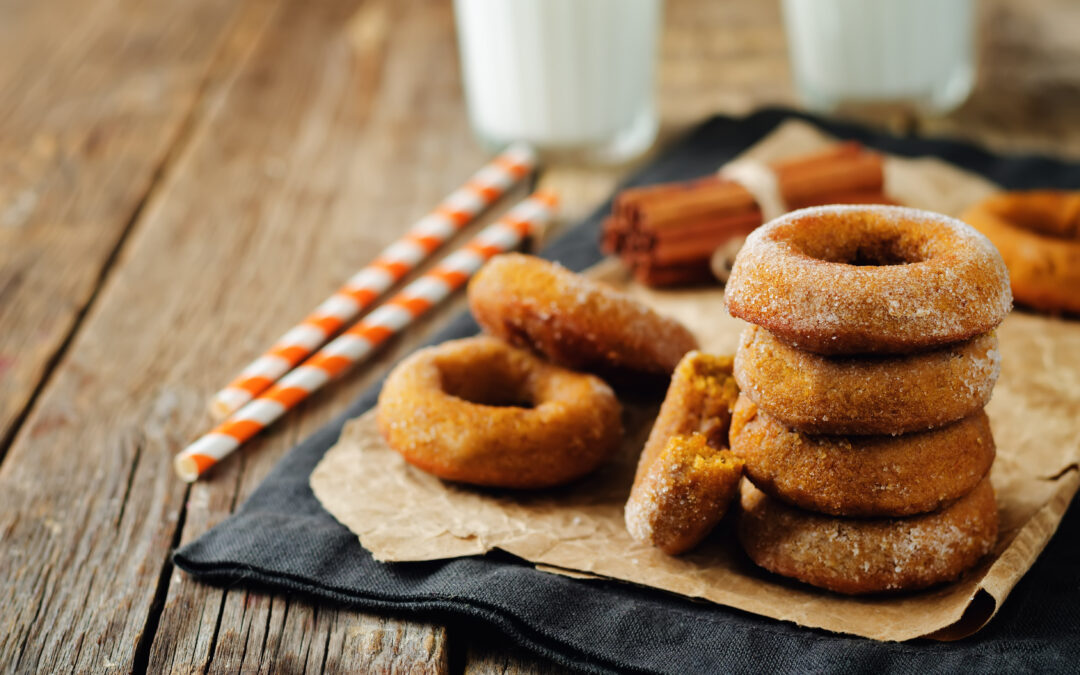We don’t need to understand every little, tiny, minuscule detail of why our bodies do what they do and why they don’t do what we think they should do.
Simply knowing a few basics about nutrition and how foods metabolize in our body is a great place to start if you want to make better decisions about your health. More than likely you’ve heard others discussing carbohydrates, proteins, and fats also known as macronutrients. We require these in relatively large amounts for normal function and good health. Not only is knowing this information helpful and healthful, but it’s interesting and amazing knowing how complex and self-sufficient our bodies are when it comes to surviving.
Understanding carbohydrates, proteins, fats, and the body can help when choosing…
- Healthier foods based off the nutrition labels
- Fruits and veggies lower in sugar and/or higher in fiber
- Leaner protein options based on your health requirements
- The right macro-ratio for weight management
How do carbohydrates work in the body?
Carbohydrates are a fan favorite of just about every living person on this earth. What goes on in the body to make this so?
Glucose
When we eat carbohydrates, our bodies break them down into glucose to be used for truly almost everything that goes on inside our bodies. Glucose is the primary fuel that makes your muscles, organs, and brain work properly – our bodies really like glucose. When glucose enters the circulatory system our cells use up what they need and then the body triggers the hormone insulin (produced by the pancreas) to be released.
Insulin
Insulin then goes around throughout the body and gathers up any excess sugar/glucose in the circulatory system that the body is not using. This extra glucose gets stored as fat for later on just in case our bodies are in a survival situation where extra energy stores would be necessary to stay alive.
Blood Sugar Levels
Too much glucose in the blood can harm your body which is why our bodies have developed a natural mechanism to avoid issues (insulin release). When we intake more carbohydrates than our body needs, we then have excess levels of glucose in our blood stream, our blood sugar/glucose levels spike rapidly. This then triggers a relative amount of insulin to be released to gather up the unused glucose. Your body is in a state where there are super-high levels of the bodies favorite ‘fuel’ and after cells use up what they need and insulin transports the left-over glucose to our fat stores, our bodies feel like they’re left with nothing as blood sugar levels drop rapidly.
Your body is left thinking it doesn’t have enough glucose in the blood stream and wants more, hence, the intense carb cravings to get back to that overly-high & overly-abundant level of glucose in the blood stream.
Our body becomes used to these high spike levels and it becomes a cycle where insulin spikes (due to binging on carbs/sugar) and then it drops which makes us want to binge again to get to that spike (fuel).
Want to keep learning? you can read more on why we crave carbs in Carbohydrate Craving – Not everything is sweet.
Carbohydrates literally make us happy…
Insulin not only transports glucose, but it transports amino acids to our muscles so that they can grow. Tryptophan is an amino acid that does not readily absorb into the muscle tissues, so then insulin gives it a free ride to the brain. This amino acid, tryptophan, is a precursor to neurotransmitter serotonin; serotonin helps to stabilize mood and makes us feel calm and relaxed. When you eat a lot of carbohydrates, which leads to a lot of insulin released in the body, you get a a bunch of built up tryptophan in the brain which makes you feel good and happy.
Our bodies are amazing and do amazing things to keep us as healthy as possible. Proteins and fats are a major players as well when it comes to good health. Get ready to dig-in on these macros in the next posts.

